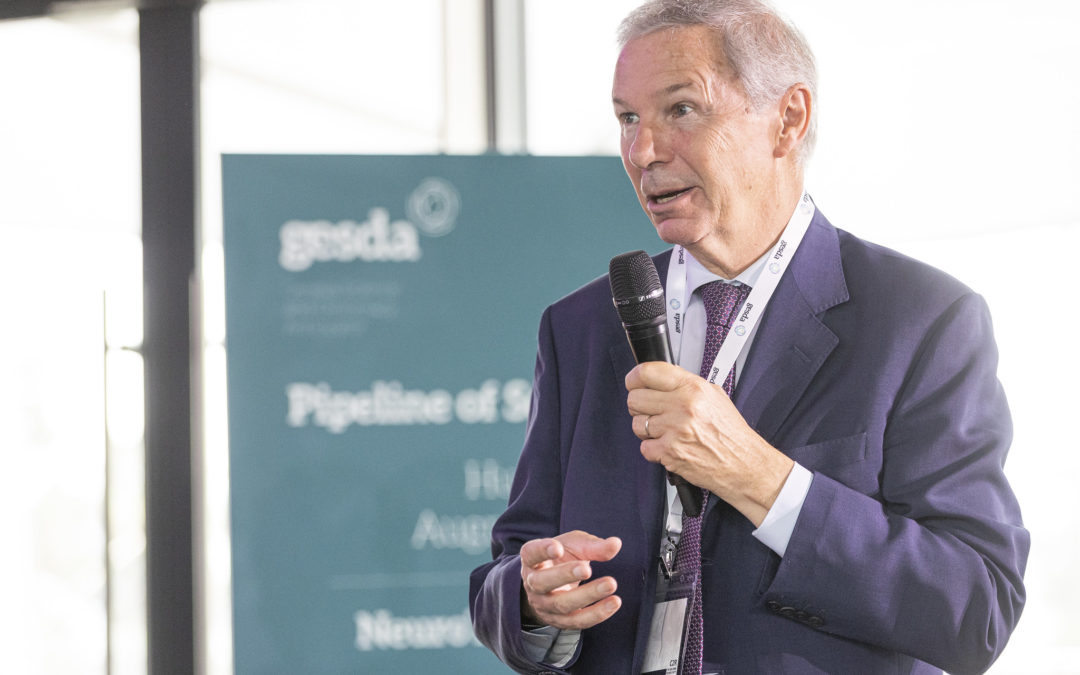There’s a lot of war in 2023: The world faces the highest number of violent conflicts that it’s ever experienced since 1945, and a quarter of humanity today lives in areas affected by those conflicts. How to anticipate these periods of war, but also to reflect on how to build peace and to create tools that can help us better understand and avoid conflicts: this is the challenge that a group of renowned experts will take up for the first edition of “Anticipating the future of peace and war,” a workshop scheduled to be held from April 4 to 6 in Geneva.
Three organizations, GESDA, the Geneva Centre for Security Policy (GCSP), and Columbia University’s School of International and Public Affairs (SIPA), are joining forces to lead the discussions, which will get underway in Geneva and continue in New York in early summer. The theme of anticipating the future of peace and war will also be addressed in a session during the GESDA Scientific and Diplomacy Anticipation Summit in October 2023. Eventually, a permanent forum will be created for advising policymakers on the nature of future conflicts and how to address them.
Three main themes will be addressed during the workshop. Participants will consider the scope and limitations of a scientific approach to anticipating war, including whether such an approach is possible and what methodology to use.
Then they will try to see how certain developments are changing international relations and geopolitics. “States are no longer the only actors shaping geopolitics. When we talk about peace and war, we have to take into account this multidimensional world,” explains Jean-Marie Guéhenno, one of the experts who will speak at the workshop. Multinationals are one of the actors that must now be taken into account, considering, for example, that if Apple were a country, it would be the eighth richest in the world, and Microsoft the twelfth.
Finally, the workshop’s participants will try to integrate these developments into how they anticipate the future of peace and war. In addition to the changing actors, technological evolution is playing a crucial role. Or, as Jean-Marc Rickli, another expert participating in the workshop, sums it up: “In the 21st century, science and technology are becoming essential levers of power.” He cited the examples of competition around microchip technology and the mastery of artificial intelligence as two of the key areas that could be game-changers.
The other two partners in GESDA’s project on the anticipation of peace and war are GCSP, an international foundation for promoting peace, security and international cooperation that is headed by Swiss Ambassador Thomas Greminger, and the SIPA Kent Leadership Programme on Conflict Resolution, which is headed by Professor Guéhenno, a former president and CEO of International Crisis Group who also served as the UN undersecretary-general for peacekeeping operations from 2000 to 2008.
